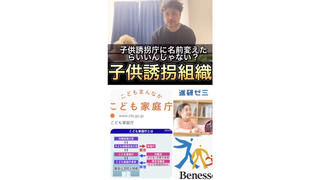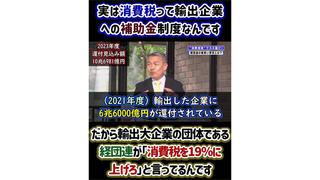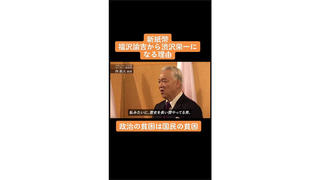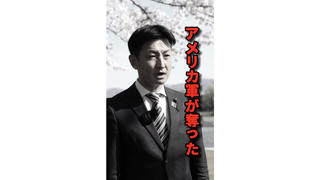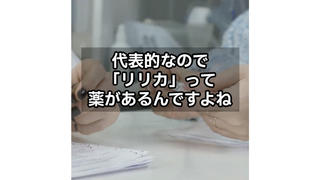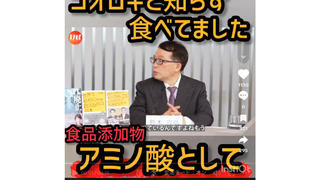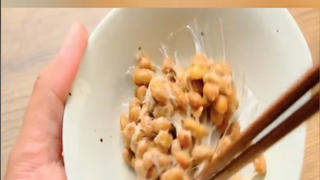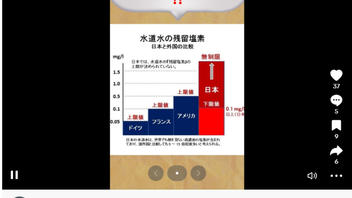
Did excessive chlorine levels contaminate tap water in Japan? No, that's not true. National standards require tap water in Japan to contain chlorine at levels of 0.1 mg/L or higher. However, the Tokyo Metropolitan Bureau of Waterworks aims to maintain chlorine levels between 0.1 mg/L and 0.4 mg/L to achieve better taste.
The claim appeared in a TokTok video (archived here) on February 6, 2024. Translated from Japanese into English by Lead Stories staff, the video opened:
Tap water in Japan is in danger. Residual chlorine in tap water compared with other countries. In Japan, there is no upper limit for residual chlorine in tap water. Japan's tap water contains an unprecedentedly high concentration of chlorine, estimated to be 5 to 15 times higher than in other countries.
This is what the video looked like on TikTok at the time of writing:
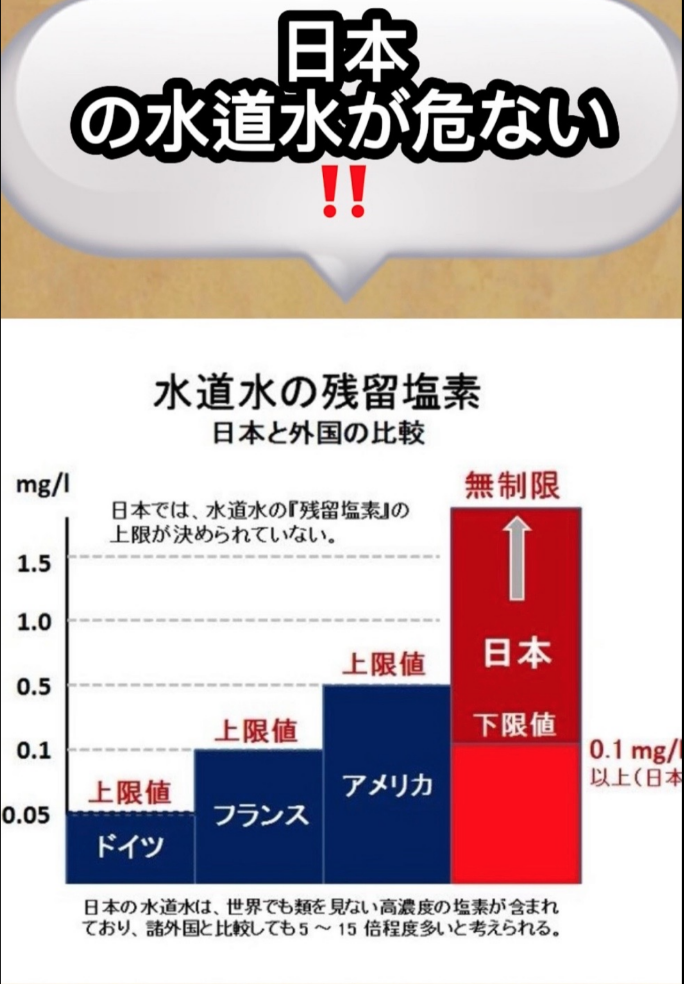
(Source: TikTok screenshot taken on Thu Feb 08 11:39:15 2024 UTC)
According to the Bureau of Waterworks for the Tokyo Metropolitan Government (archived here), Japan's tap water is mandated to contain a residual chlorine concentration of 0.1 mg/L or higher, detectable at faucets. However, to maintain pleasant taste and odor, water quality management objectives dictate that the upper limit of residual chlorine concentration should not exceed 1 mg/L. This measure ensures that tap water remains suitable for consumption.
Every day at 9 a.m., automatic water quality meters, installed at 131 water taps across Tokyo, measure the "residual chlorine concentration." The data collected is accessible to everyone via the water quality test results provided by the Bureau of Waterworks for the Tokyo Metropolitan Government (archived here).
Regarding its impact on the human body, the World Health Organization guidelines (archived here) specify that concentrations below 5mg/L pose no threat, thus allaying concerns regarding tap water levels.
The Bureau of Waterworks for Tokyo Metropolitan Government states (archived here):
Chlorine is added to tap water to disinfect it. This is effective in killing pathogenic bacteria but has no effect on human beings.


